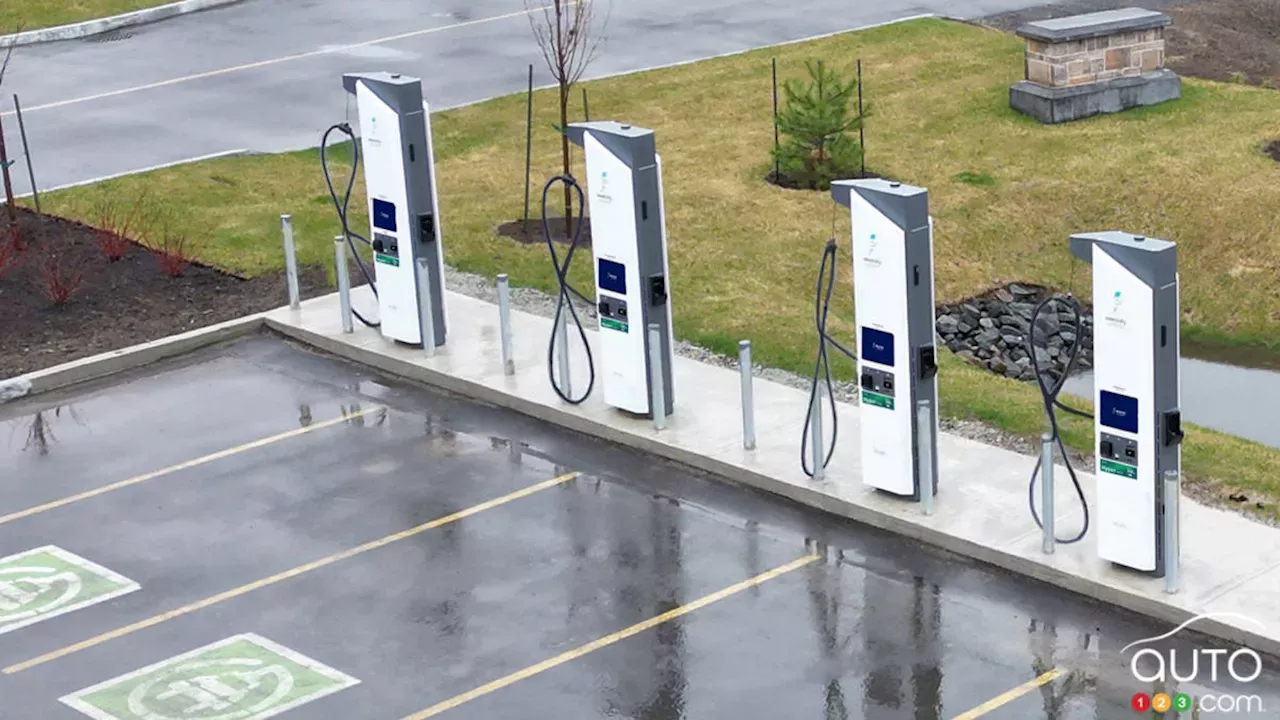Last Friday, the federal government announced the immediate and definitive end of incentives for the purchase of electric vehicles. This program, known as iZEV, previously offered buyers an incentive of up to $5,000. Initially, the program was slated to end by March 31, 2025, but discussions shifted towards a pause. However, the abrupt announcement on January 13th brought the program to a sudden halt, leaving many stakeholders scrambling.
This unexpected move comes amidst growing concerns about the viability of electric vehicle mandates in Canada.The abrupt cancellation of the iZEV program has sent shockwaves through the automotive industry. Dealerships, anticipating the program's gradual wind down in the spring of 2025, had stocked up on electric vehicle inventory to meet anticipated demand. Furthermore, provincial incentives, playing a significant role in driving EV sales, are also facing reductions. In Quebec, for instance, provincial discounts are being scaled back, leading some dealerships to preemptively fill their lots with models before the reductions take effect. A pause in the provincial program at the end of January further amplifies the sense of uncertainty.The rapid decision-making process has left manufacturers and dealers grappling with the fallout. They had planned their strategies based on the government's initial timeline and assurances. The abrupt shift in policy has created a logistical and financial burden, forcing them to adapt to a rapidly changing landscape. The Canadian Automobile Dealers Association (CADA), Global Automakers of Canada (GAC), and the Canadian Vehicle Manufacturers' Association (CVMA) have jointly issued a statement expressing their dissatisfaction with the federal government's handling of the situation. They argue that the lack of support for EV adoption, coupled with unrealistic sales mandates, is stifling the industry's growth. The industry leaders are calling for the immediate end of federal electric vehicle sales mandates, citing the government's failure to adequately address key barriers to EV uptake, such as price and charging infrastructure. They believe that imposing mandates without providing adequate incentives and infrastructure creates an uneven playing field and undermines consumer confidence in the transition to electric vehicles
